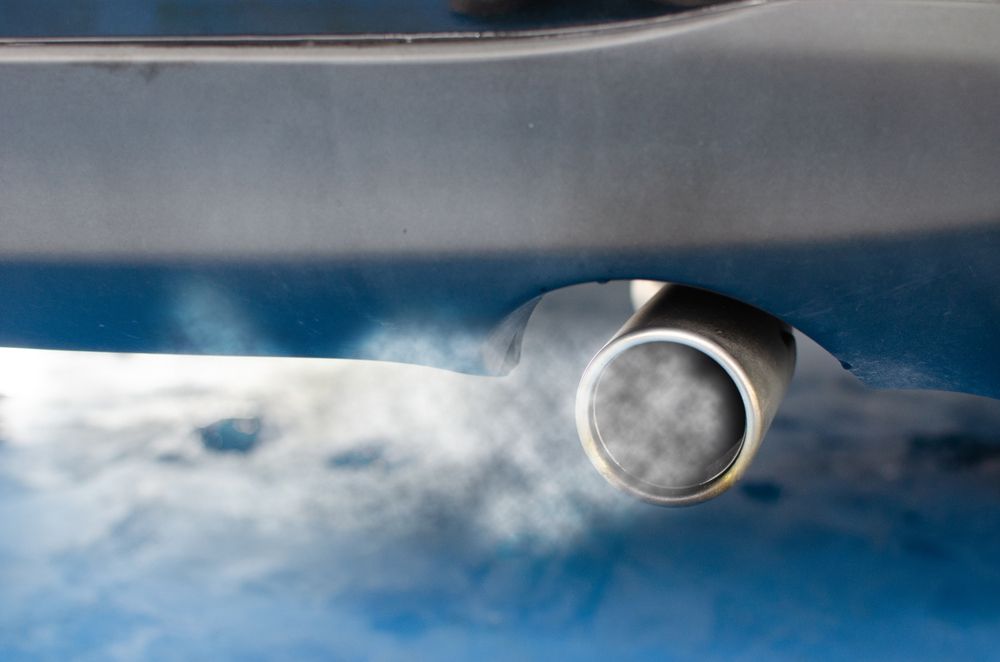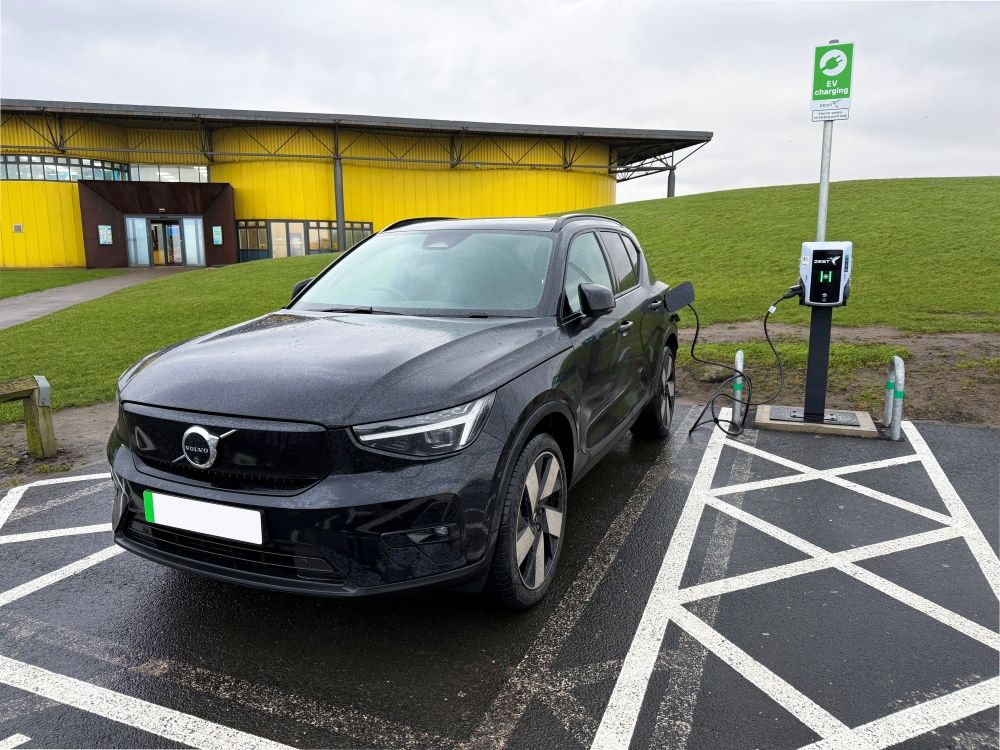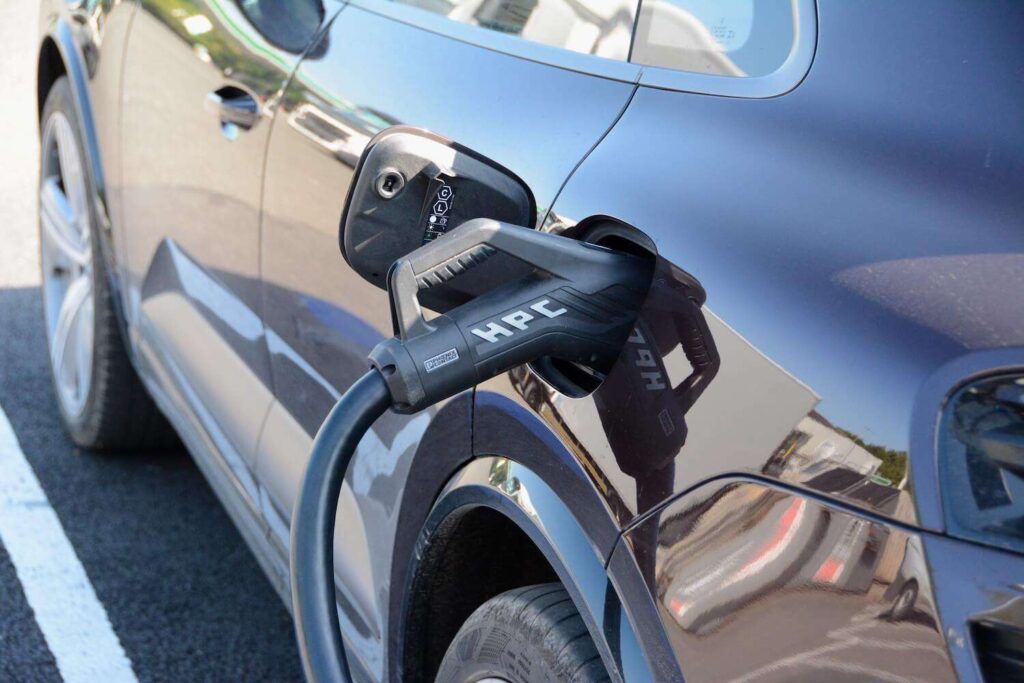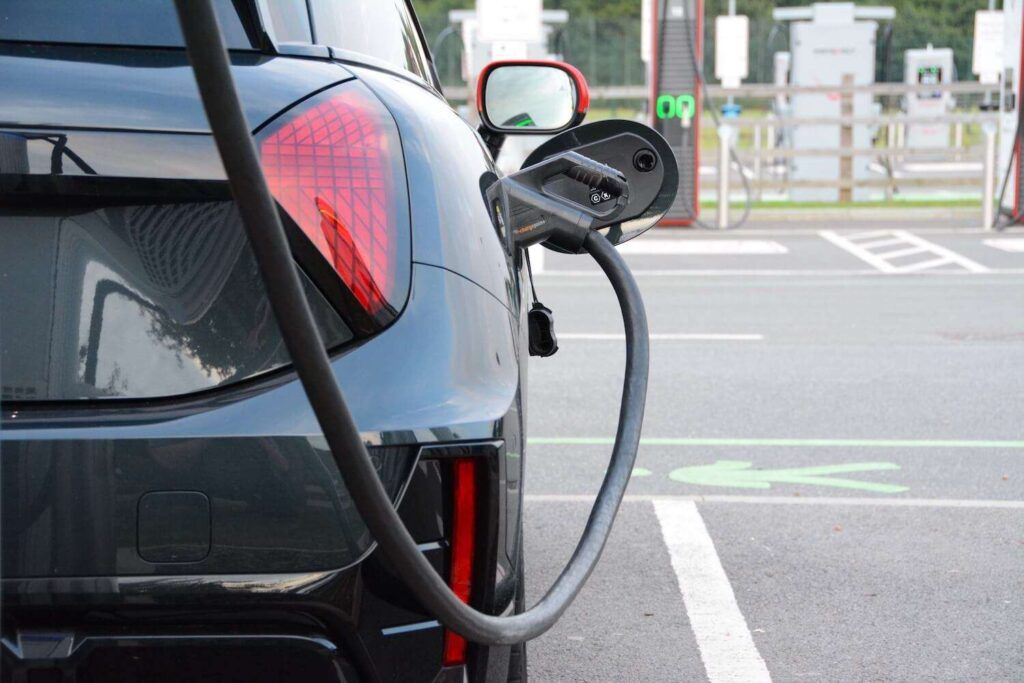The Science Based Targets initiative (SBTi) has released an updated guidance for land vehicles, including a new method for automakers to set 1.5°C emissions reduction targets.
The new requirements for automakers included in the updated SBTi Land Transport Guidance provide revised criteria to set 1.5°C scope 3 targets for the ‘use phase’ of sold vehicles, covering the emissions of vehicles after they are sold.
Private cars and vans were responsible for more than 25% of global oil use and around 10% of global energy-related CO2 emissions in 2022.
Now, when setting science-based targets, automakers should also commit to the international Zero Emission Vehicles (ZEV) Declaration and pledge to work towards the phase out of new Internal Combustion Engine (ICE) cars and vans by 2035 in leading markets, and globally by 2040, or earlier as per local regulations.
The development of the new criteria for automakers included a public consultation process.
Updated Land Transport Guidance is an interim step towards an SBTi standard for automakers. It includes a rationale for the 1.5°C target-setting method for automakers and a summary of the criteria for other land transport activities already covered in the guidance that remain unchanged.
Alberto Carrillo Pineda, Chief Technical Officer and Co-Founder of the SBTi said: “As a major emitter of greenhouse gas emissions and other pollutants, automakers hold a pivotal role in driving the transformation to a net-zero economy and cleaning up the air in our cities.
“To address the climate crisis, it is critical that automakers adopt zero-emission vehicles at a pace consistent with limiting global warming to 1.5°C. The updated SBTi Land Transport Guidance reflects the scientific imperative for this critical transformation.”
Tim Dallmann, Secretariat of the Accelerating to Zero Coalition’s Steering Committee, which runs the ZEV Declaration, and International Partnerships Program Director at the International Council on Clean Transportation, said: “Automakers who commit to the ZEV Declaration and set science-based targets catalyze a transformative shift in the global market, creating a competitive environment that fosters clean and innovative technology,” said“Signatories join a global community of stakeholders who are collectively working towards an emission-free transportation sector, keeping the goals of the Paris Agreement alive.”












